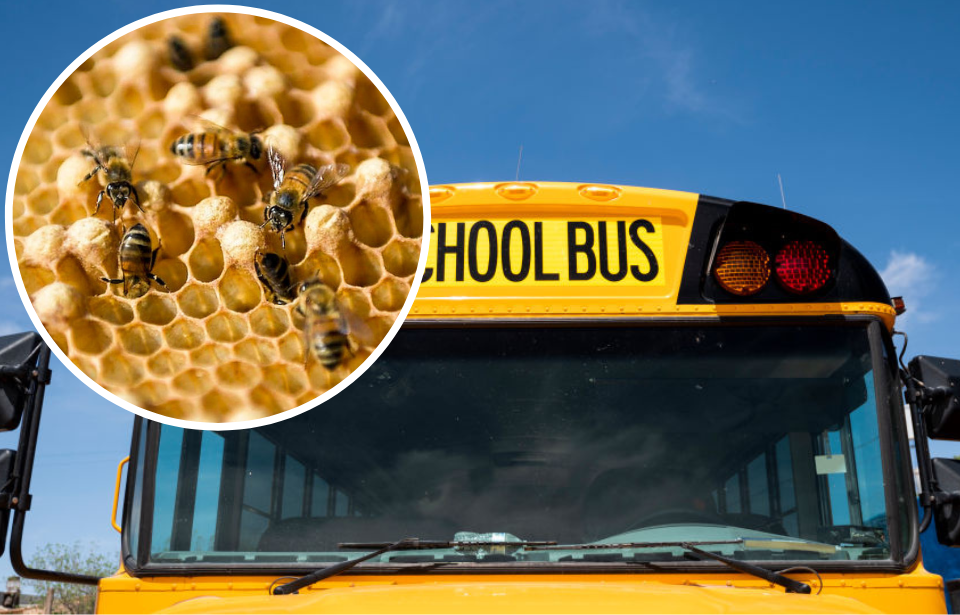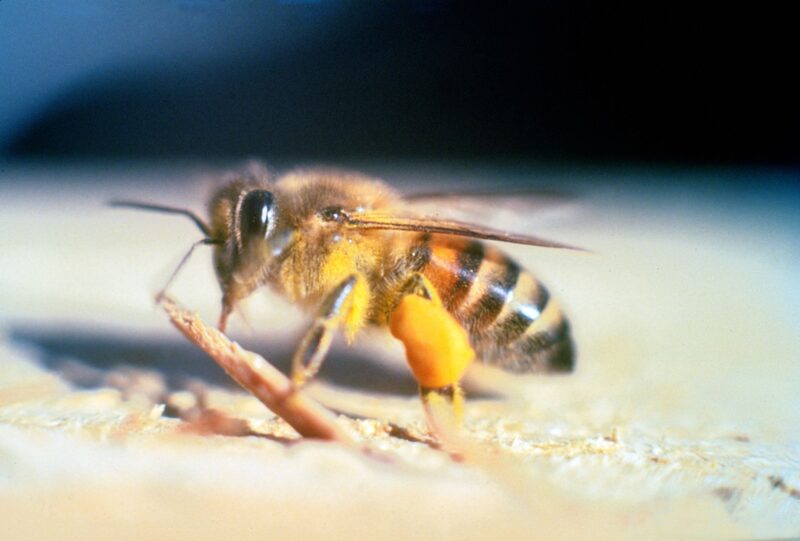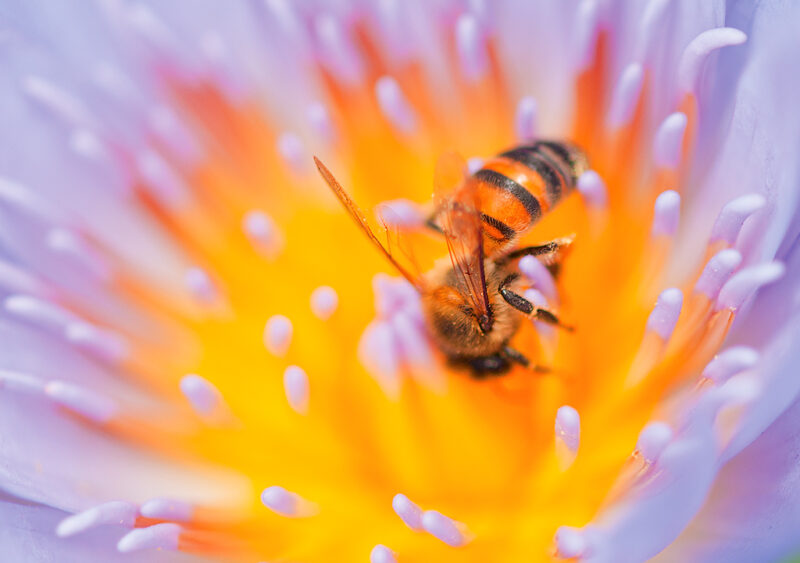Six Die After School Bus Crashes Into ‘Killer Bee’ Hives In Nicaragua

Six people, among them an eight-year-old girl, have died after the school bus they were traveling in crashed and was swarmed by Africanized Bees – better known as “Killer Bees.” The incident occurred in Nicaragua, and it’s reported that 60 passengers were onboard the vehicle at the time of the incident.

The bus was traveling from Jinotega to San Sebastian de Yali when it started to experience mechanical issues, resulting in the driver losing control and running off the road. The vehicle plunged over 160 feet into a coffee plantation where Africanized Bee hives were kept. Almost immediately, the insects swarmed the bus and began attacking passengers, with 45 sustaining multiple stings.
Photos released from the scene show people covered in red welts across their upper bodies.
Residents helped until members of the fire department and officials from Nicaragua’s Ministry of Health arrived on-scene. While initial reports stated that four people died as a result of the swarm, it was later revealed that two more perished after being taken to a local hospital.
The deceased have been identified as Eneyda Tórrez Zelaya, 47, and her eight-year-old daughter, Andrea Carolina; Kenia Jazmín Soza Bonilla, 19; Reyna Isabel Olivas Montalván, 84; Dilcia Flores Amparo, 32; and Santo Arnulfo Calderón Castellón, 38.

Africanized Bees are a cross-breed of African and European (or Western) honey bees. The former was introduced into Brazil in 1956, with the idea being that crossbreeding the two species would increase local honey production. A year later, swarms of the European worker bees and 24 African queens escaped, with their offspring having since made their way north, into other South and Central American countries, Mexico and even the United States.
The cross-breed is considered one of the most defensive variety of honey bee, with the Smithsonian Institute reporting that at least 1,000 people have been killed since they were introduced into Brazil. This is largely due to the fact that, unlike most other bees, Africanized ones, on average, sting 10 times more and react much quicker. They’re also willing to chase their targets longer distances.

More from us: Greenland’s Ice Sheet Is Melting Faster Than Previously Thought
Along with being known to kill humans, Africanized Bees have been reported as fatally stinging household pets and even horses. In 2014, a Texas man died after being swarmed by 40,000 of the insects, while, in 2018, a landscaper from Arizona met the same fate after being attacked by 800,000. Another was critically injured in the incident.
